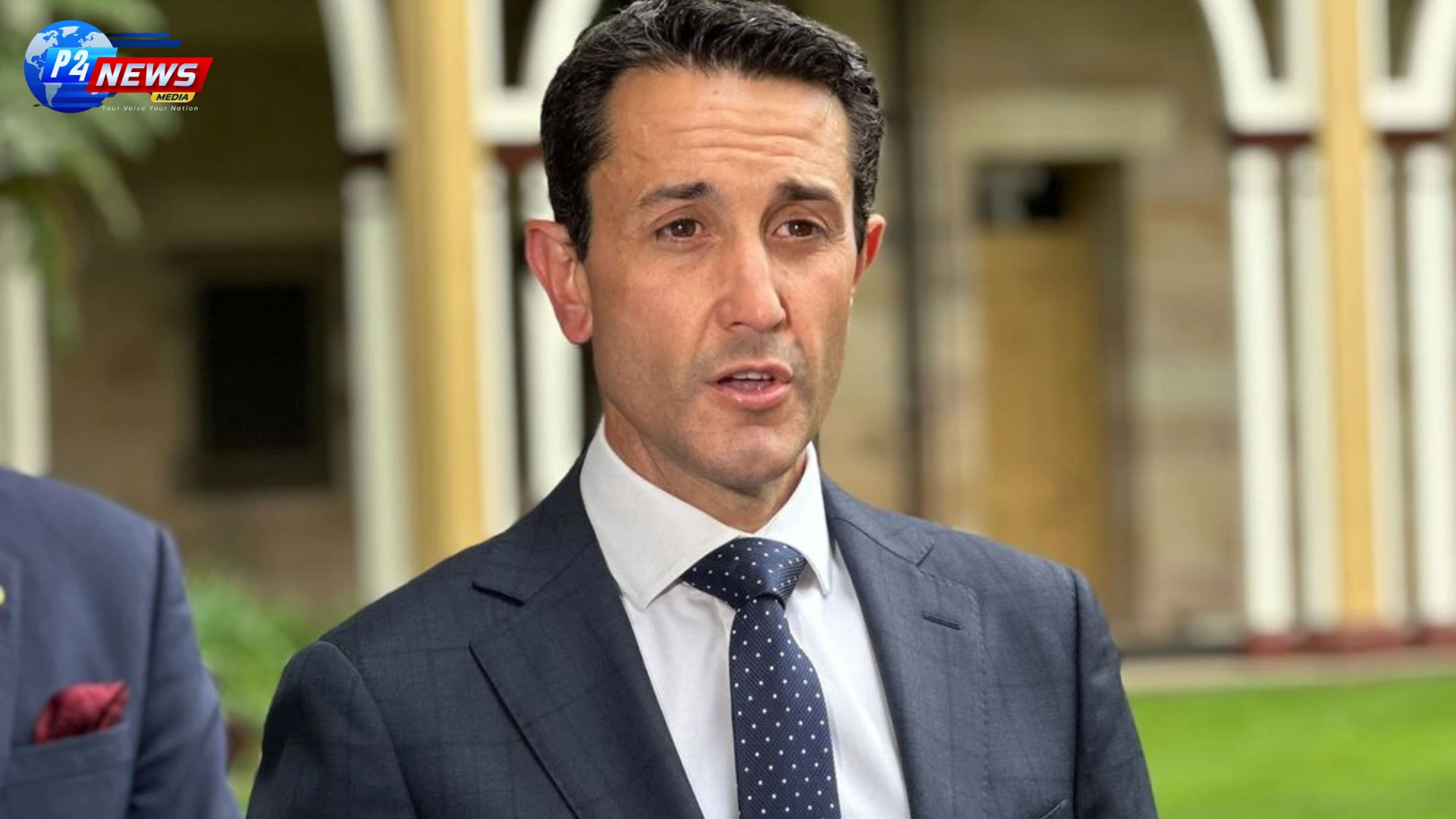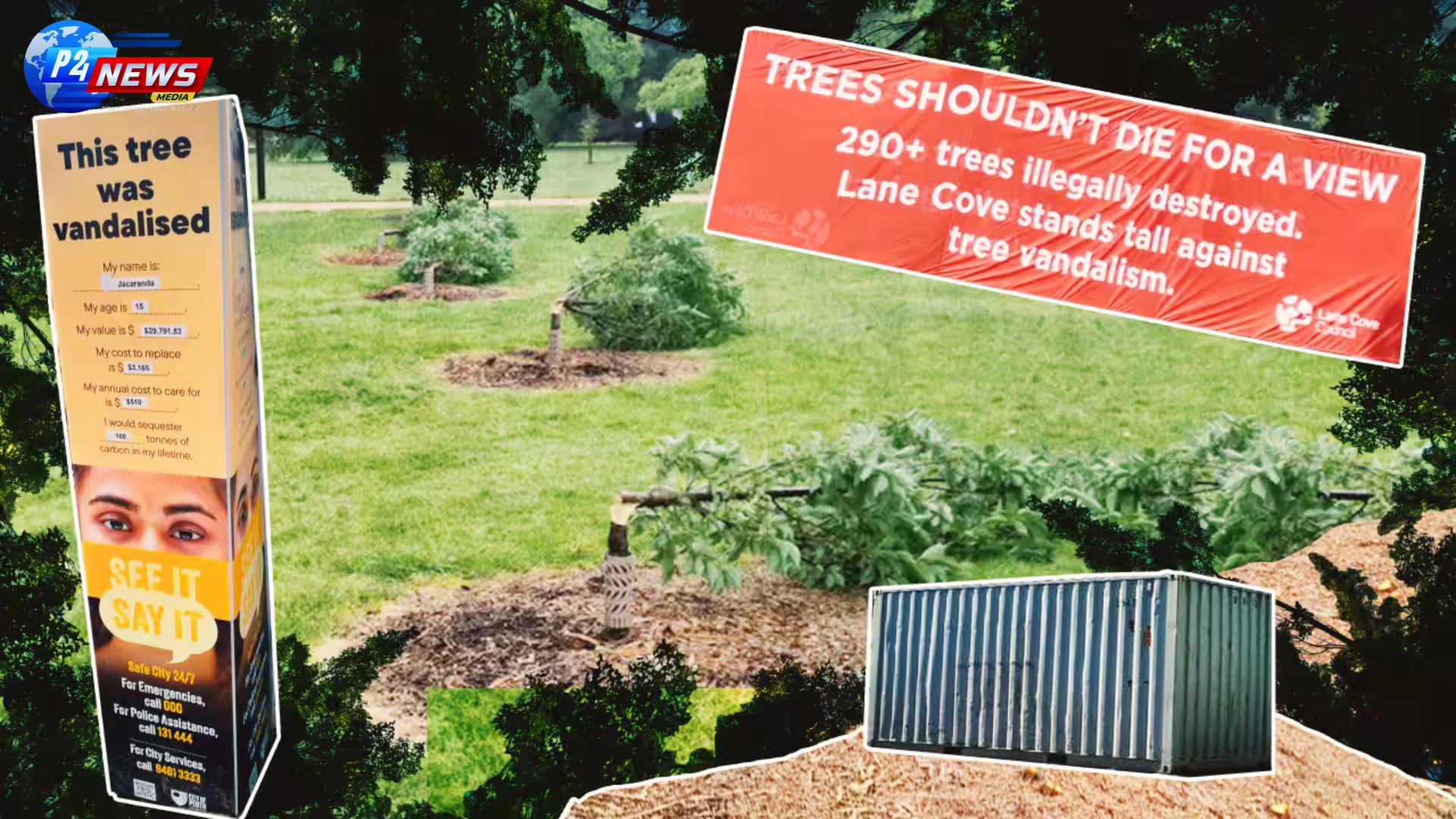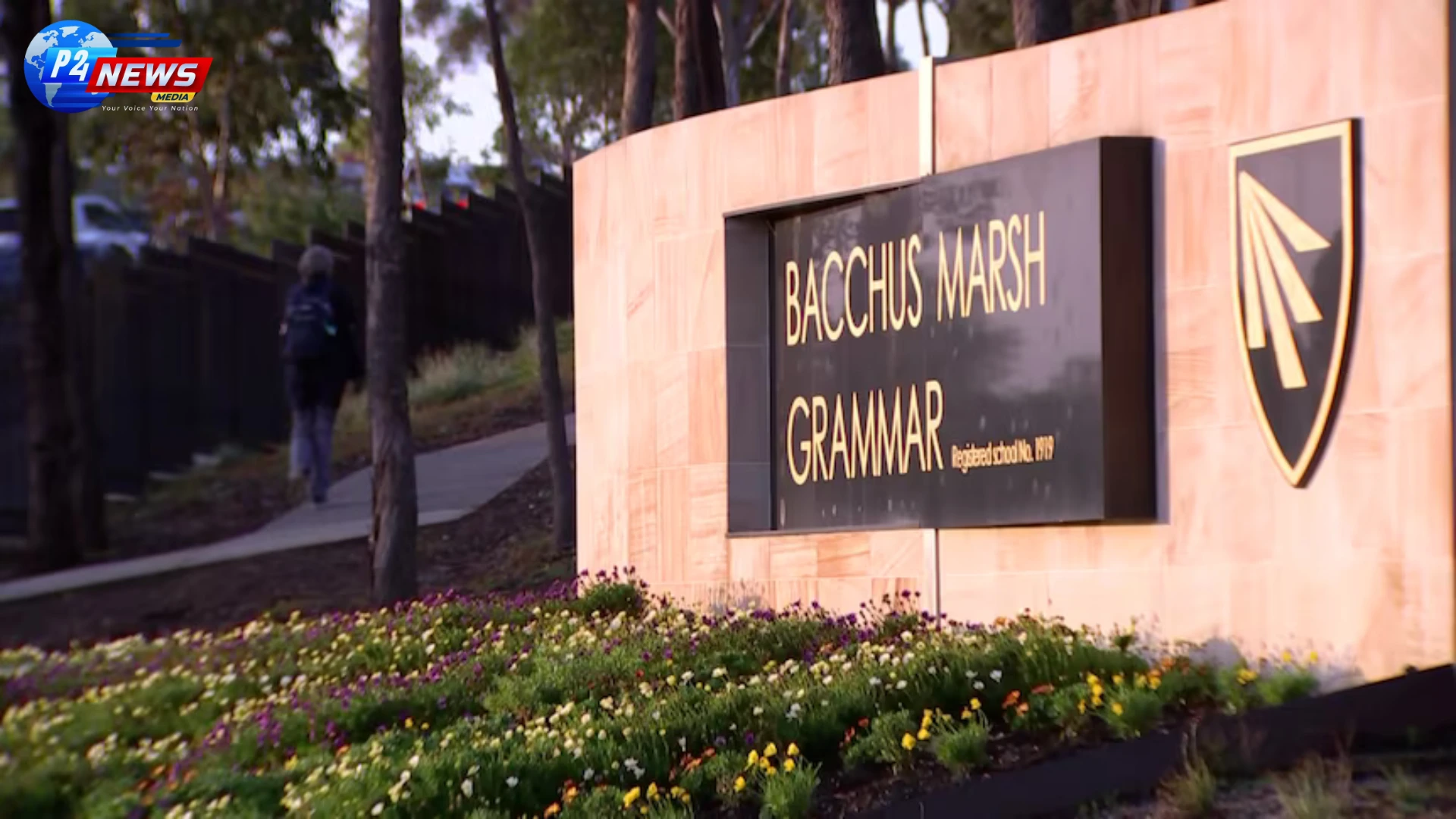In a bid to tackle rising youth crime, newly elected Queensland Premier David Crisafulli's campaign for 'adult crime, adult time' laws is receiving criticism from experts who argue that these measures contradict human rights and lack efficacy in reducing crime rates.
Queensland Premier’s Bold Promise
In a recent electoral campaign, new Queensland Premier David Crisafulli assured the citizens of his commitment to implement 'adult crime, adult time' laws by Christmas. This promise was positioned as a response to the escalating youth crime issue faced by the state. However, the declaration did not go unchallenged. Various experts in the fields of child protection and criminal justice have raised concerns about the potential implications of such legislation.
Experts Voice Concerns
Catia Malvaso, a noted expert and lead on child protection matters at BetterStart, expressed her worries regarding the proposed laws. She emphasized that such a hardline approach could violate the human rights of children. Malvaso pointed out that such measures not only fail to enhance community safety but might also lead to further complications within the justice system.
The Ineffectiveness of Tough-on-Crime Strategies
Research consistently indicates that punitive measures, particularly those that are harsh on youth offenders, do not result in decreased crime rates. Instead, there is evidence that these policies can inadvertently worsen criminal behavior. The prevailing views among experts suggest that a shift in focus from punitive actions to rehabilitative measures may yield more sustainable outcomes.
A Call for Responsibility
According to Malvaso, politicians bear the responsibility of making informed decisions that genuinely serve the community's interests. She cautions that ignoring substantial evidence regarding the ineffectiveness of these strategies is an irresponsible move. The overarching consensus is that a more holistic approach to youth crime is essential, one that considers the root causes of criminal behavior and seeks to rehabilitate rather than punish.
Community Reaction
As the news of Crisafulli’s pledge circulates, community members are divided. Some support a firmer stance on youth crime, while others fear the ramifications on vulnerable populations. The dialogue surrounding this issue emphasizes the need for a balanced approach that addresses the complexities of youth behavior while safeguarding their rights.
Conclusion
In summary, the push for 'adult crime, adult time' laws, while seemingly a straightforward solution to a pressing issue, is met with substantial skepticism from experts. The potential human rights violations and the historical ineffectiveness of similar strategies raise critical questions about the direction of Queensland's policies on youth crime. As the deadline for the proposed legislation approaches, the ongoing debate underscores the necessity for a more thoughtful and comprehensive strategy that can effectively address the challenges of youth crime in the state.
















Comments 0